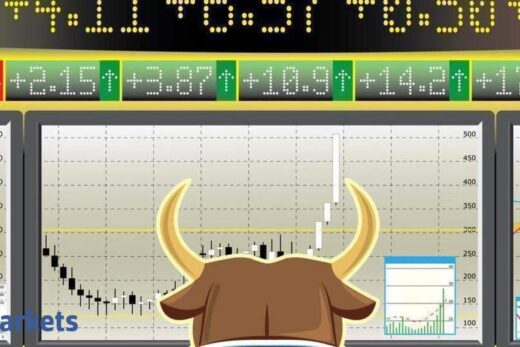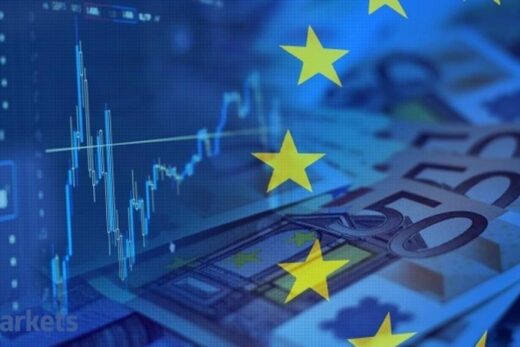Volumes were thin, with many traders away and most major European bourses closed, with the exception of London, Madrid and Paris.
The pan-European STOXX 600 index recorded a 3.7% drop in 2020 – lagging its Asian and Wall Street peers that traded near record highs – as a surge in coronavirus cases and concerns about a chaotic Brexit weighed on the continent’s markets.
Still, the index is only 7% below its record high after rallying about 50% from March lows and as expectations of more stimulus, the rollout of coronavirus vaccines and a Brexit trade deal sealed last week raised bets on a stronger recovery in 2021.
“Vaccines will inspire a global recovery, central banks will leave rates at zero even if inflation rises to fund exploding government deficits everywhere,” Jeffrey Halley, a senior market analyst at Oanda, wrote in a note.
“The search for yield in a zero percent world flooded with unlimited free money from the world’s central banks, means the K-shaped recovery, asset price inflation scenario seems a certainty.”
At the end of a shortened session, London’s FTSE 100 fell 1.5% and Paris’s CAC 40 dropped 0.9%. Spanish stocks fell 1%.
Among the European stock sectors, energy stocks were the worst annual performers, shedding 25.5% as movement restrictions to contain the virus eroded oil demand.
Technology stocks outperformed their peers with a 14.1% annual gain as the sector proved to be the most resilient to pandemic-related disruptions.
The FTSE 100 marked its worst year since the 2008 financial crisis – with its near-term prospects hit after Prime Minister Boris Johnson ordered millions more people to live under the strictest COVID-19 restrictions to counter a new virus variant.
The German DAX ended 2020 with a 3.5% gain – just below all-time highs – helped by strong demand for technology stocks and better growth prospects for major trading partner China.
Lender-heavy Italy’s FTSE MIB was down 5.4% for the year, while Spain’s IBEX – among the worst performers in the region – marked its worst year since 2010, shedding more than 15%.
The tourism-reliant economy was hit by pandemic restrictions, while a consolidation in Spain’s banking sector – that brought the number of banks to 10, down from 55 prior to the 2008 economic crisis – failed to impress investors.
France’s Airbus, Safran and liquor makers Pernod Ricard and Remy Cointreau fell between 1.5% to 4% after the U.S. government said it would raise tariffs on EU products including aircraft components and wines from France and Germany.
The move was the latest twist in a 16-year battle over aircraft subsidies between Washington and Brussels.
European markets will be closed on Friday for New Year’s Day.



